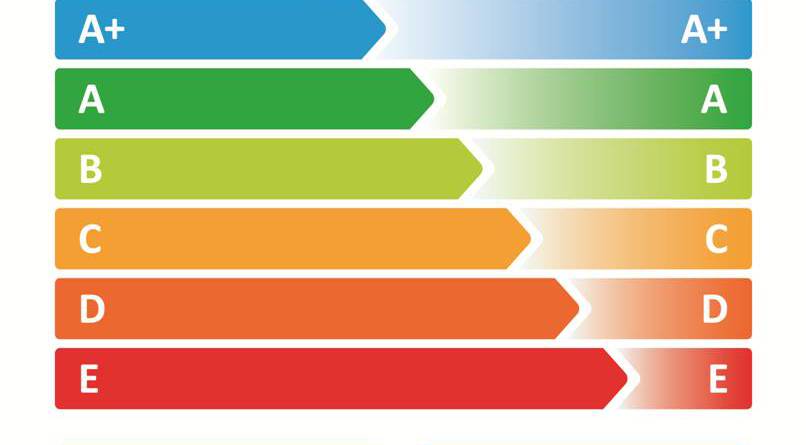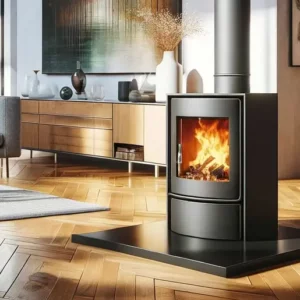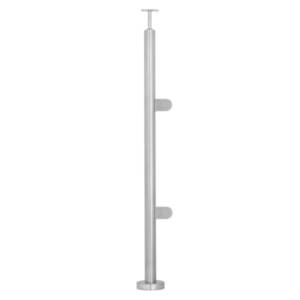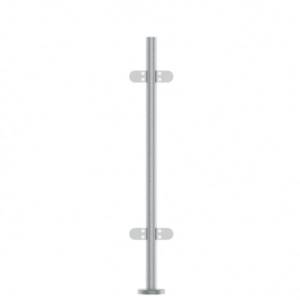I want A+ Rated Double Glazing? Possible??
The A++, A+, A, and C ratings you mentioned are not directly related to U-values but are instead part of the Window Energy Rating (WER) system used in the UK and some other European countries. The WER system is designed to help consumers easily compare the energy efficiency of different windows by providing a simple, color-coded scale ranging from A++ (most efficient) to E (least efficient).
Window Energy Ratings take into account several factors, including:
- U-value: As previously explained, the U-value measures the rate of heat transfer through a building element, such as a glass unit. Lower U-values indicate better insulation and energy efficiency.
- Solar heat gain coefficient (SHGC) or g-value: The SHGC represents the percentage of solar radiation that passes through the glass and contributes to heating the interior. A higher SHGC means more solar heat gain and can be beneficial in colder climates, while a lower SHGC is preferable in warmer climates to reduce cooling loads.
- Air leakage (L-value): This measures the amount of air that leaks through the window assembly, including the frame and the glass unit. Lower L-values indicate better airtightness and energy efficiency.
The British Fenestration Rating Council (BFRC) calculates the WER for a window by considering these factors and assigning an energy efficiency score. The score is then categorized into a rating band, with A++ being the highest and E being the lowest.
Here’s a rough idea of how the ratings correspond to U-values:
- A+ or A++ rated windows: These windows have the best energy efficiency, with very low U-values, typically around 0.8 W/m²·K or lower.
- A rated windows: These windows have excellent energy efficiency, with U-values generally between 0.8 and 1.2 W/m²·K.
- C rated windows: These windows have average energy efficiency, with U-values typically between 1.6 and 2.0 W/m²·K.
Keep in mind that these U-value ranges are approximate, as the WER system considers additional factors like SHGC and air leakage. When selecting windows, it’s essential to consider your specific climate and building requirements to ensure the best energy efficiency and overall performance.










